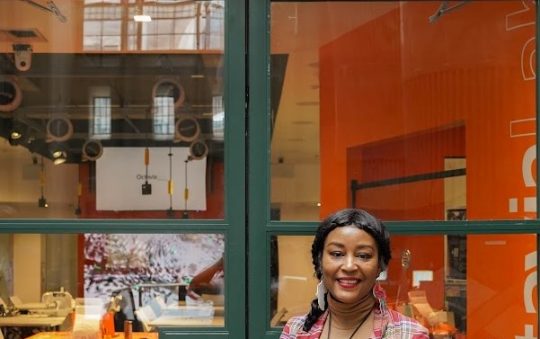
A new booklet, designed to assist youth when talking to other youth about the COVID-19 vaccine, was recently released at a leadership conference for high school students, held on the campus of UC Santa Cruz.
Entitled, “Leaders to the Front: A Guide for Student Activists in the Fight Against COVID-19,” the guide was produced by the California Association of African American Superintendents and Administrators (CAAASA) and funded by the Vaccinate All 58 campaign (vaccinateall58.com) of the California Department of Public Health.
“We wanted to provide youth with a framework from which to engage other youth about the benefits of obtaining the COVID-19 vaccine,” said Al Bonds, CAAASA’s COVID-19 COVID manager.

“Additionally, we wanted to educate students about how to dispel myths and rumors and how to refer their peers to sources from which to obtain accurate information, like the Centers for Disease Control and Prevention and Public Health Departments throughout the state.”
Public health data shows that African Americans and Hispanics lag behind other populations in obtaining the vaccine. Some of the reasons for not receiving the vaccine have to do with misinformation.
“Some members of the African American community, for instance, are under the assumption that the COVID-19 vaccine gives the recipient the actual disease, once injected,” said Bonds.

“This is inaccurate. One of the reasons for the widely-held belief has to do with a study, conducted from 1932 to 1972, in Tuskegee, Alabama, by the United States Public Health Service, in which study victims were denied treatment for syphilis. For decades, many African Americans believed (and some still believe) that study participants were injected with syphilis. This is completely untrue. This type of misinformation does not help our community become as safe as we can in the battle against COVID-19.”
The booklet is available for download, free of charge, at www.caaasa.org.







